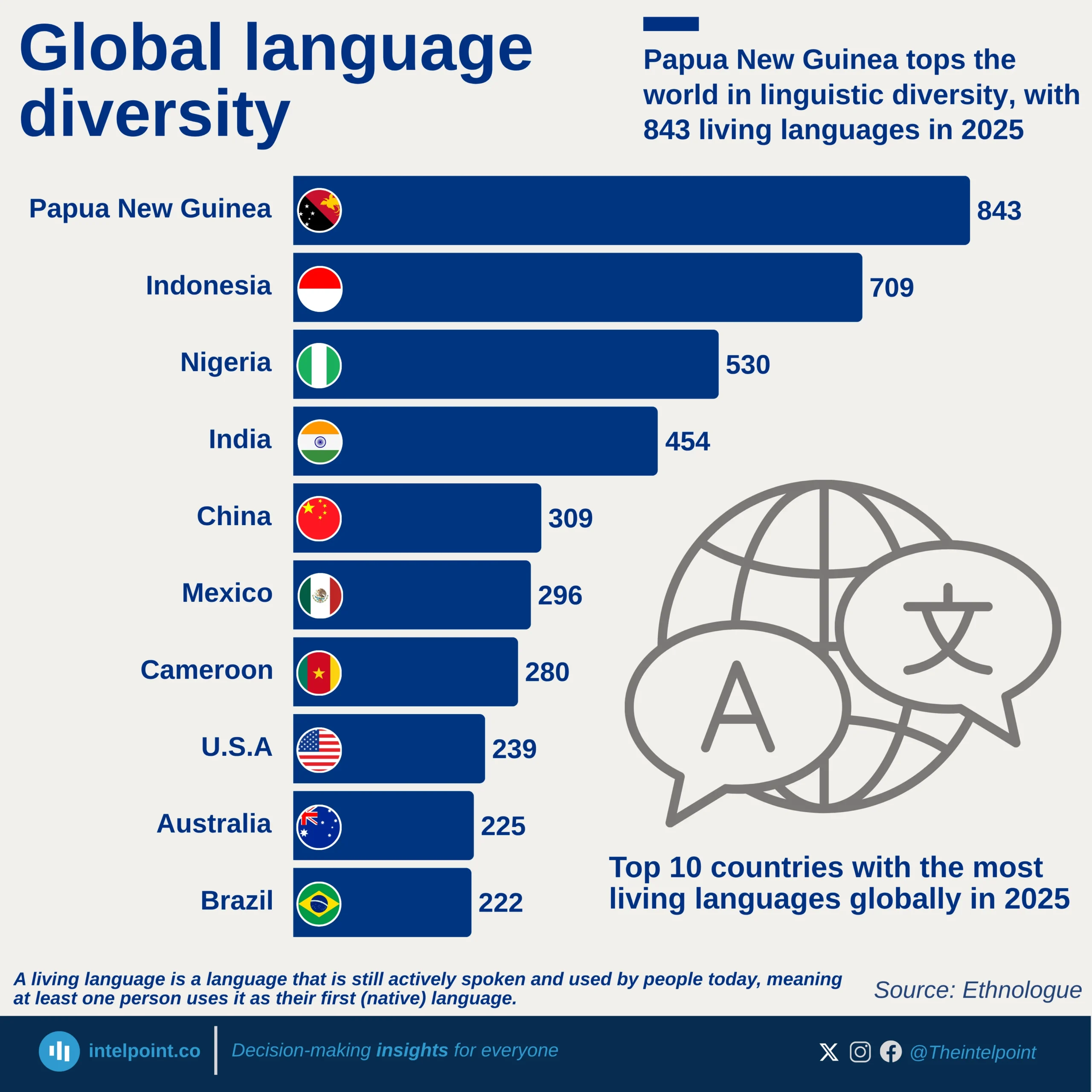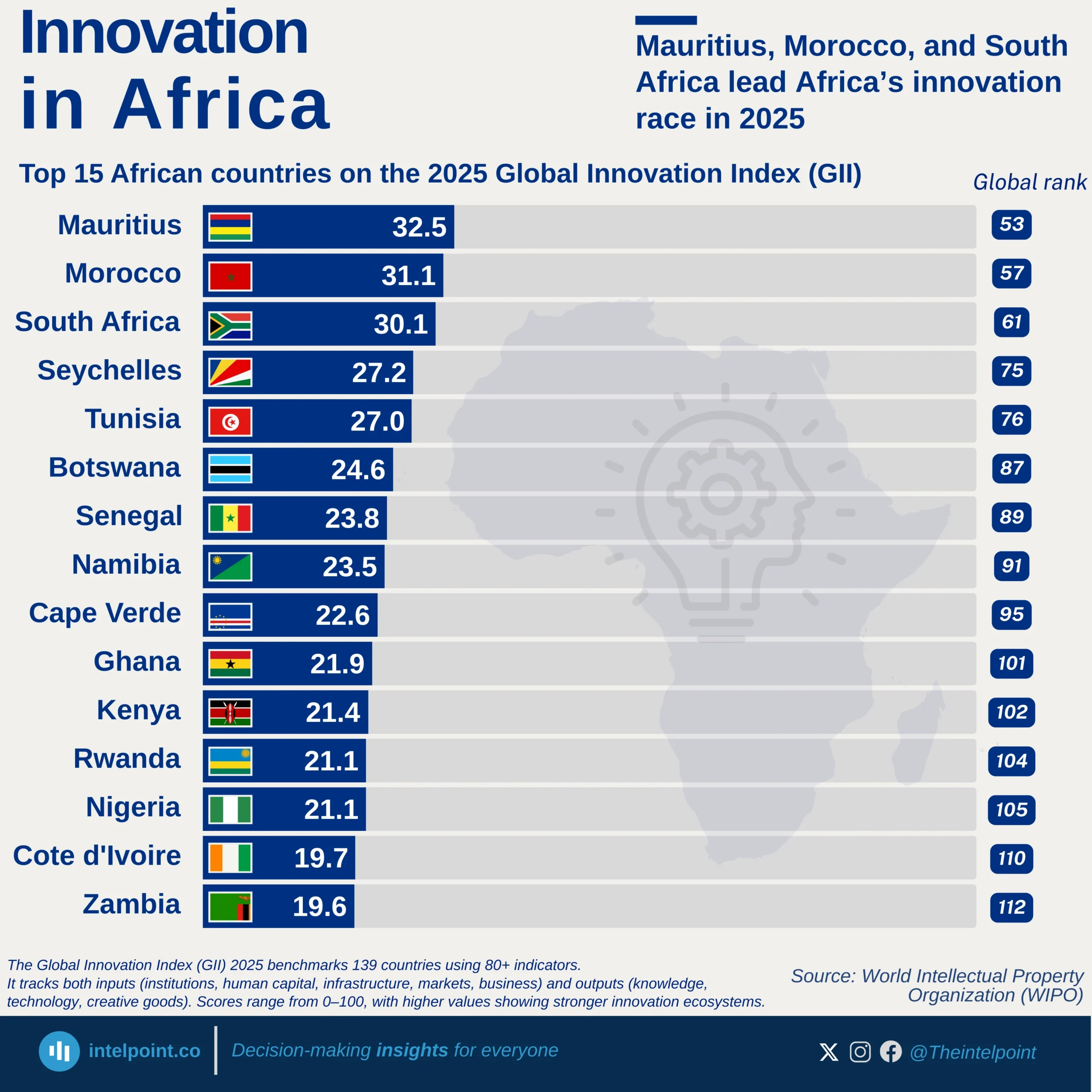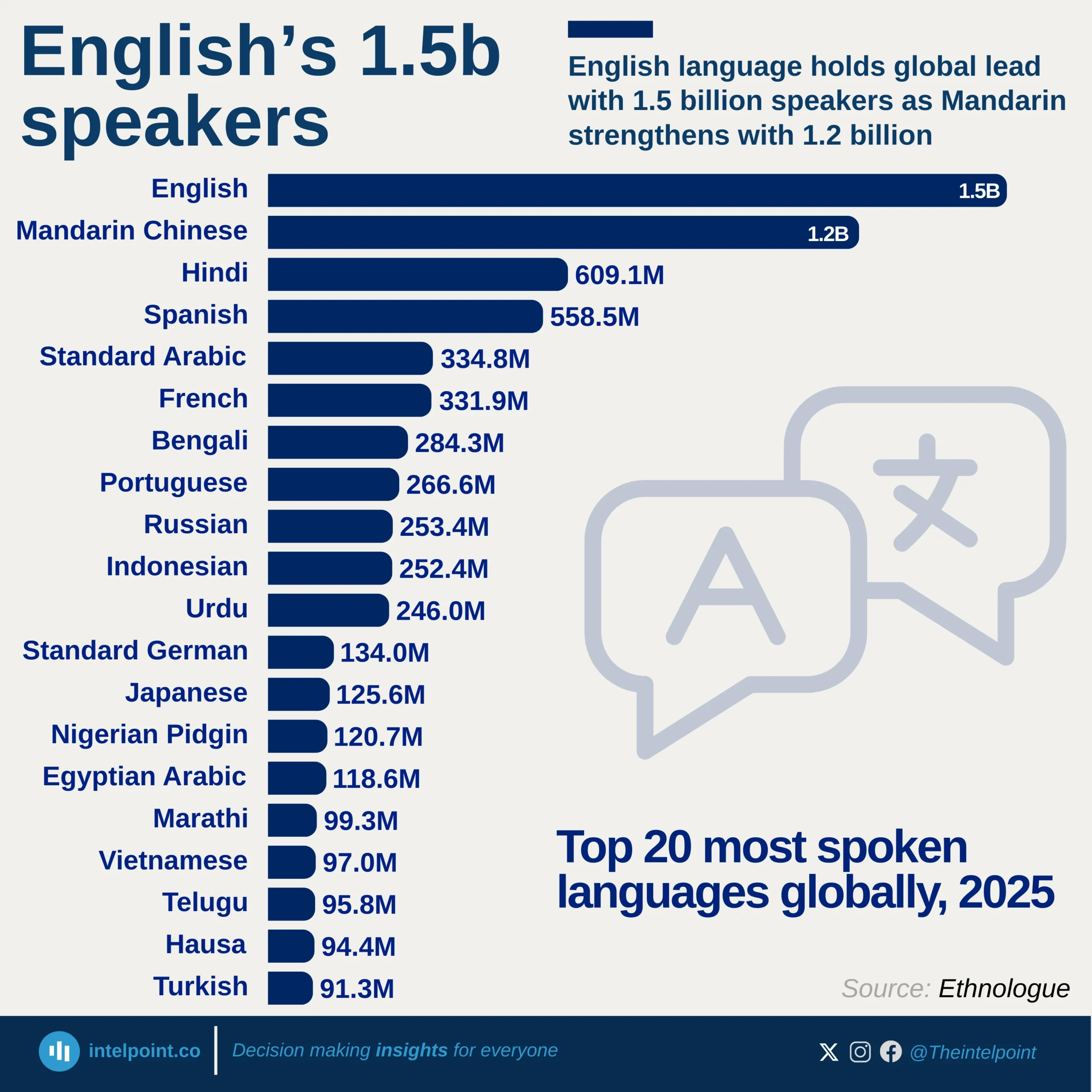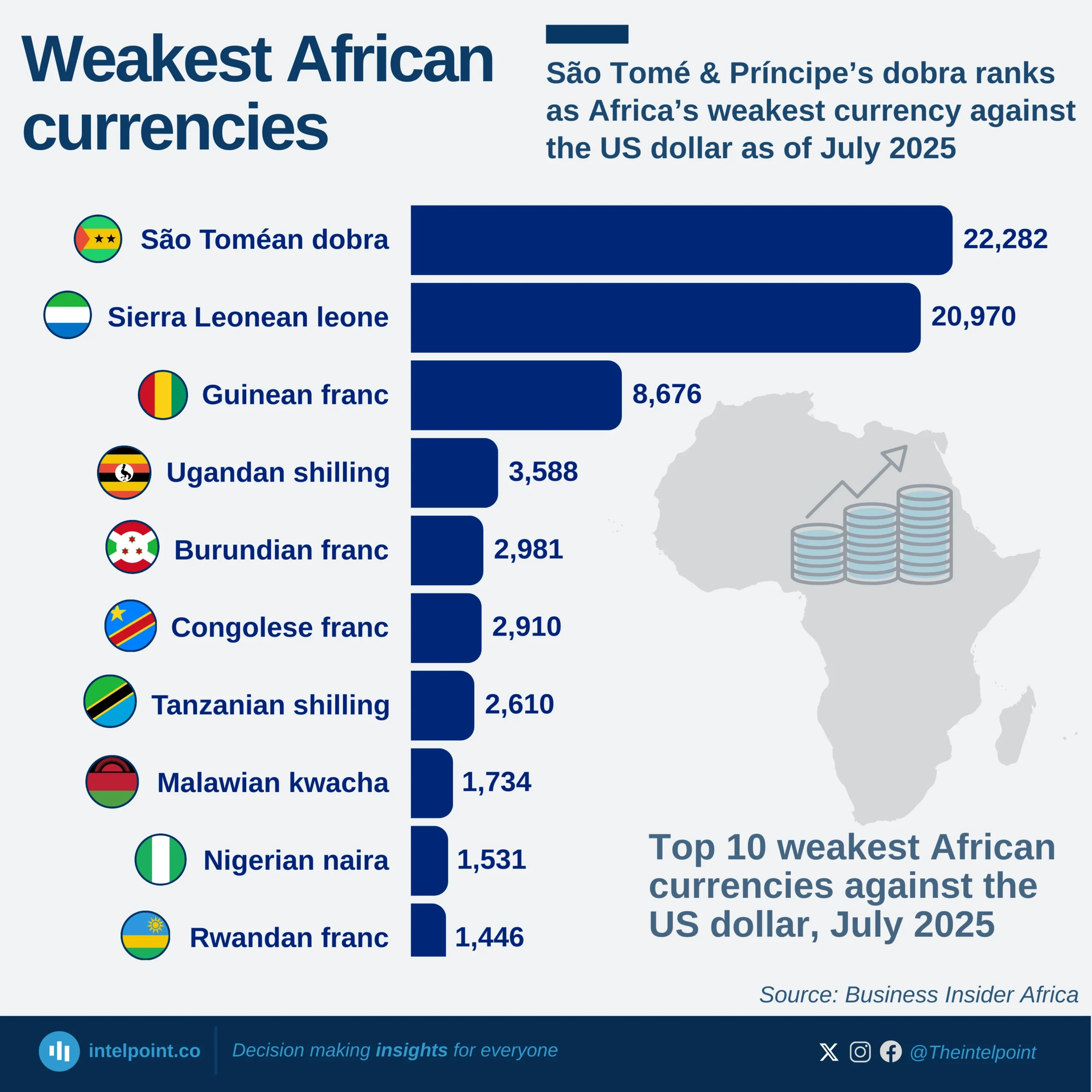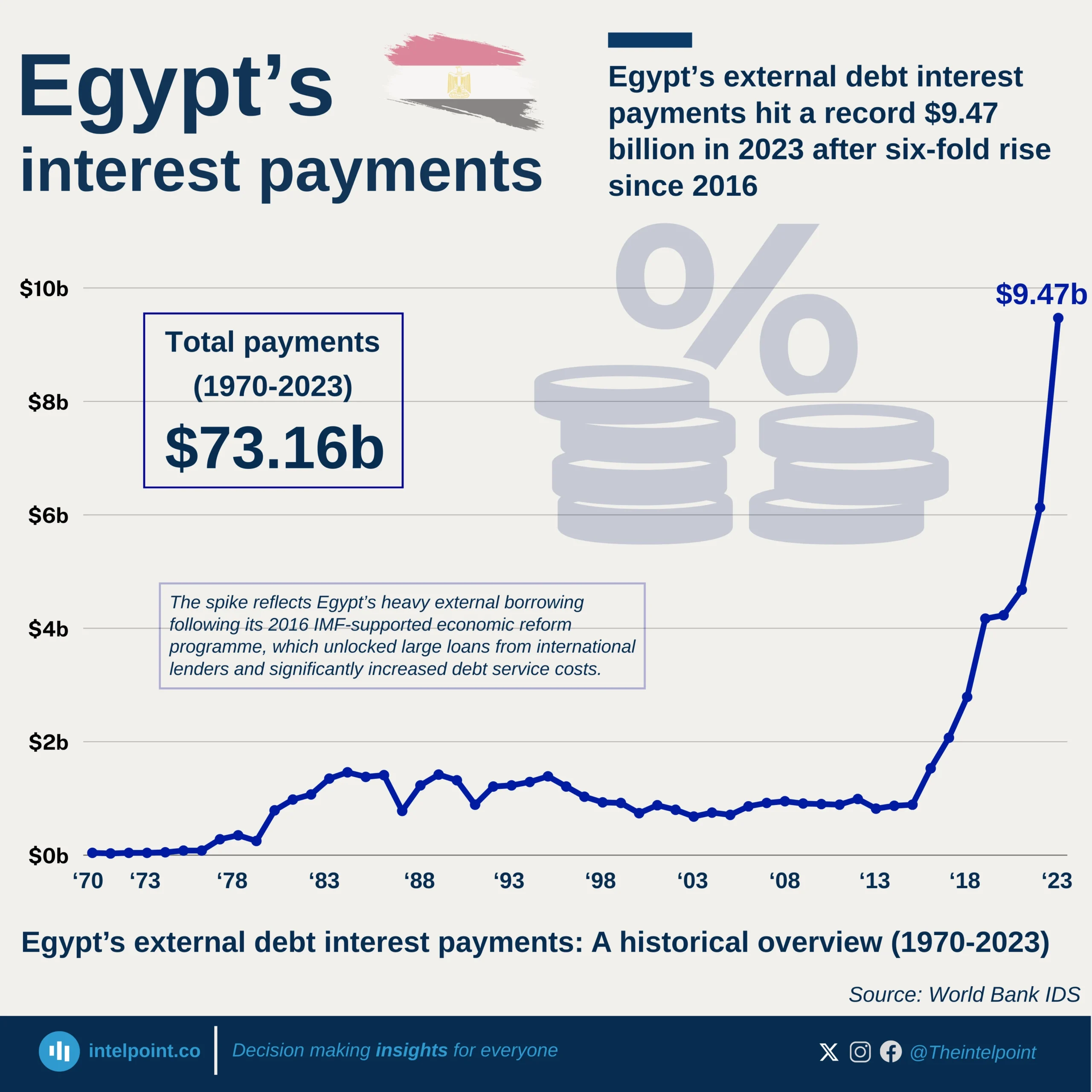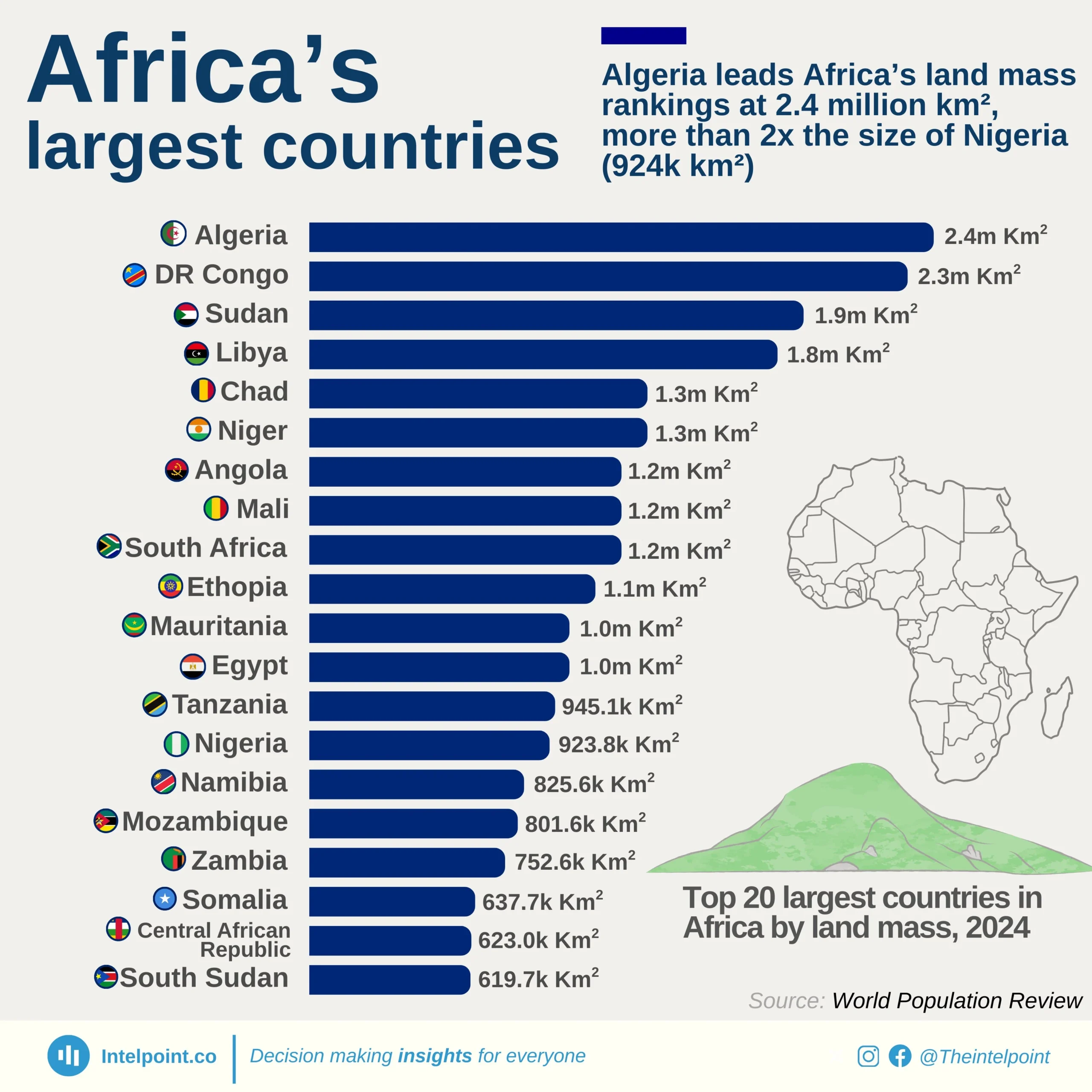Somalia ranks at the bottom of Africa’s infrastructure landscape in 2024, with an African Infrastructure Development Index (AIDI) score of just 7.10, making it the continent’s most underdeveloped in terms of basic infrastructure like transport, electricity, ICT, and water. While most countries on the list remain below the 15-point threshold, Somalia’s figure sits significantly lower, pointing to deep-rooted structural challenges. For comparison, Nigeria, still far from the continental best performers, scores a considerably higher 25.70, more than three times Somalia’s rating.
Countries like South Sudan (7.38), Niger (8.12), and Chad (10.14) are also on the lower end of the spectrum, revealing broader regional trends of underdevelopment in central and eastern Africa. Even slightly better-ranked countries like Sierra Leone (14.04) and Madagascar (13.43) remain far from infrastructural adequacy.
